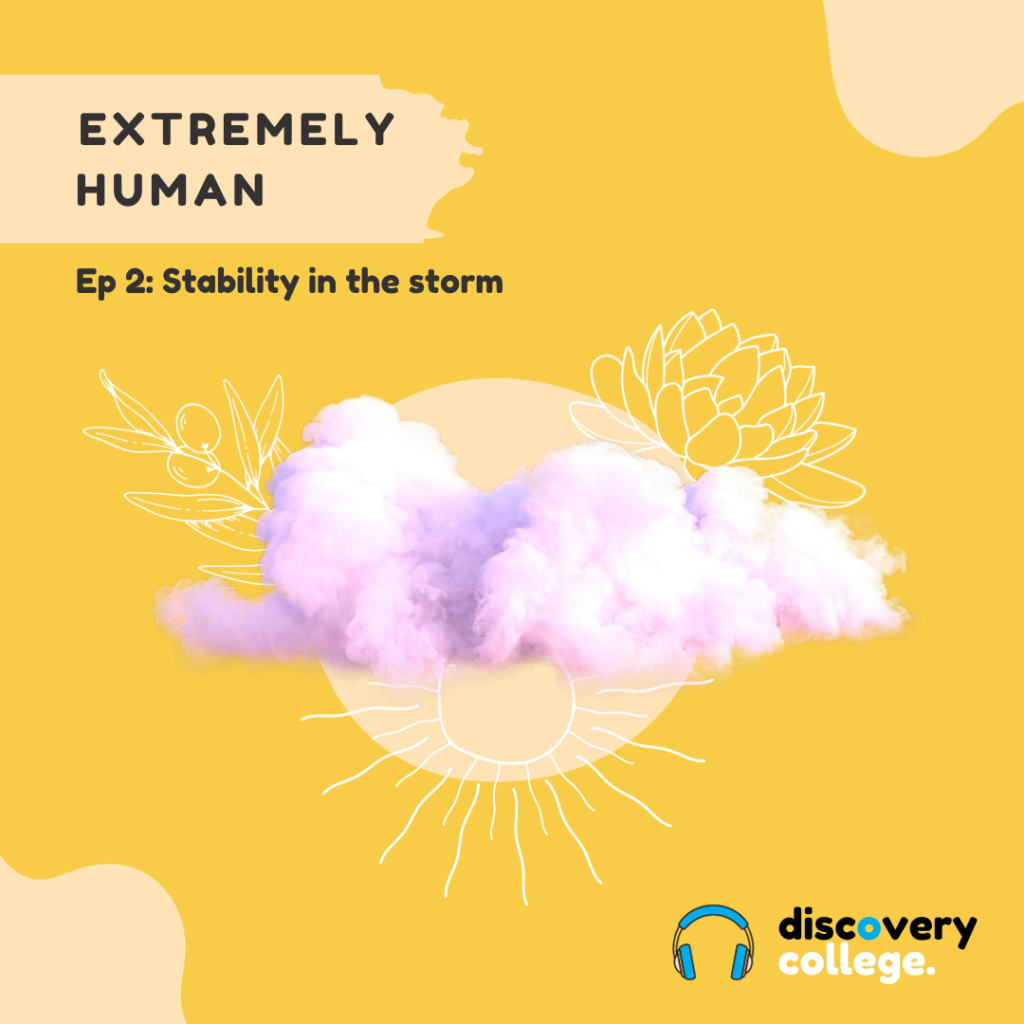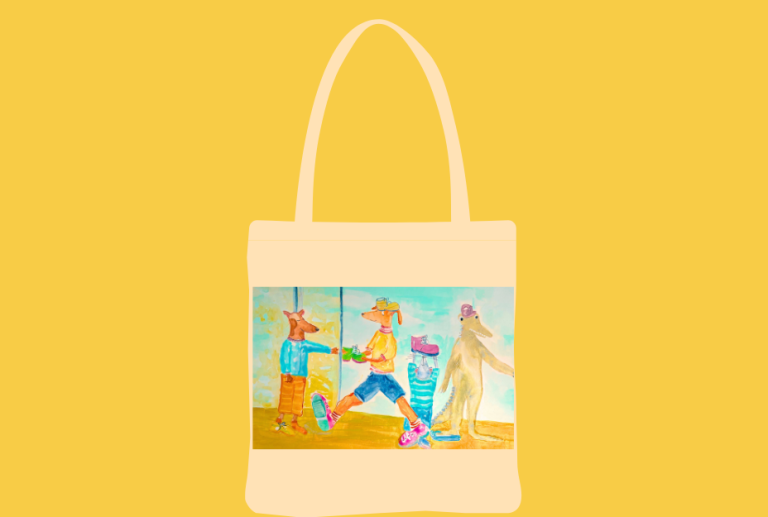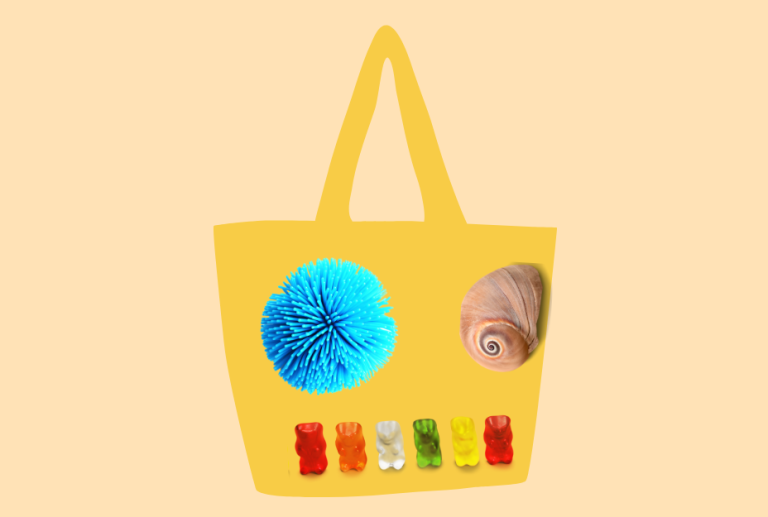We have a course called “Do You Hear What I hear?” which explores different ways about thinking about psychosis.
We can’t cover absolutely everything in our courses so we’ve put together a little resource bag for you to dip into at your own pace.

A parent shares what has been important to them in walking through the experience of psychosis.
A young person shares what their experience seeking help with mental health services was like when they were first diagnosed with psychosis and what has changed.
A psychiatrist shares their understanding of what is happening in the brain when people experience psychosis.
A young person shares what it was like going through an episode of drug-induced psychosis, and what was important for their recovery.
An occupation therapist shares how their perspective on psychosis was shifted by hearing the experience of a young person who had been through it.
This is Lucy’s experience with psychosis and her journey to recovery.
A short film about the compassionate approach to relating with voices, with potential use as a therapeutic, educational, and de-stigmatising tool better care for people going through psychosis.
The documentary CRAZYWISE explores what can be learned from people around the world who have turned their psychological crisis into a positive transformative experience.
This film is available to rent on vimeo.
Diagnosed with schizophrenia, hospitalized, drugged, Longden was discarded by a system that didn’t know how to help her. Longden tells the moving tale of her years-long journey back to mental health, and makes the case that it was through learning to listen to her voices that she was able to survive.
A short film about Mary O’Hagan coming face to face with the condemning words written about her in her psychiatric files.

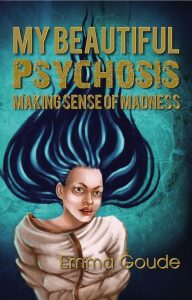
My Beautiful Psychosis by Emma Goude
“My Beautiful Psychosis” is a memoir by Emma Goude that explores the question “What if psychosis is really a wake up call?”
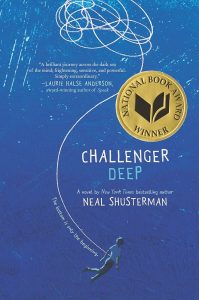
Challenger Deep by Neal Shusterman
“Challenger Deep” is a young adult novel by Neal Shusterman that follows the journey of a teenage boy named who experiences his own unshared reality.
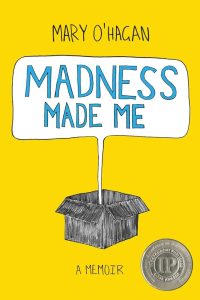
Madness made me by Mary O’Hagan
“Madness Made Me’ is a memoir by Mary O’Hagan. It’s a myth-busting account of madness and our customary responses to madness through the lens of lived experience.
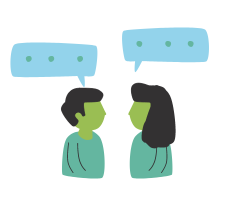
Understanding psychosis booklet
This booklet is a headspace resource which aims to help people understand psychosis a little more. It includes strategies from people with lived/living experience and some support contacts.

Extremely Human podcast
Ep 2: Stability in the storm
This episode, we chat with our guest who describes how it feels to experience psychosis. We talk about what they found helpful and not so helpful while being in that state and what life after psychosis has looked like in their life. We touch on the different ways phenomena like psychosis can transform people and how we can better care for people going through psychosis.
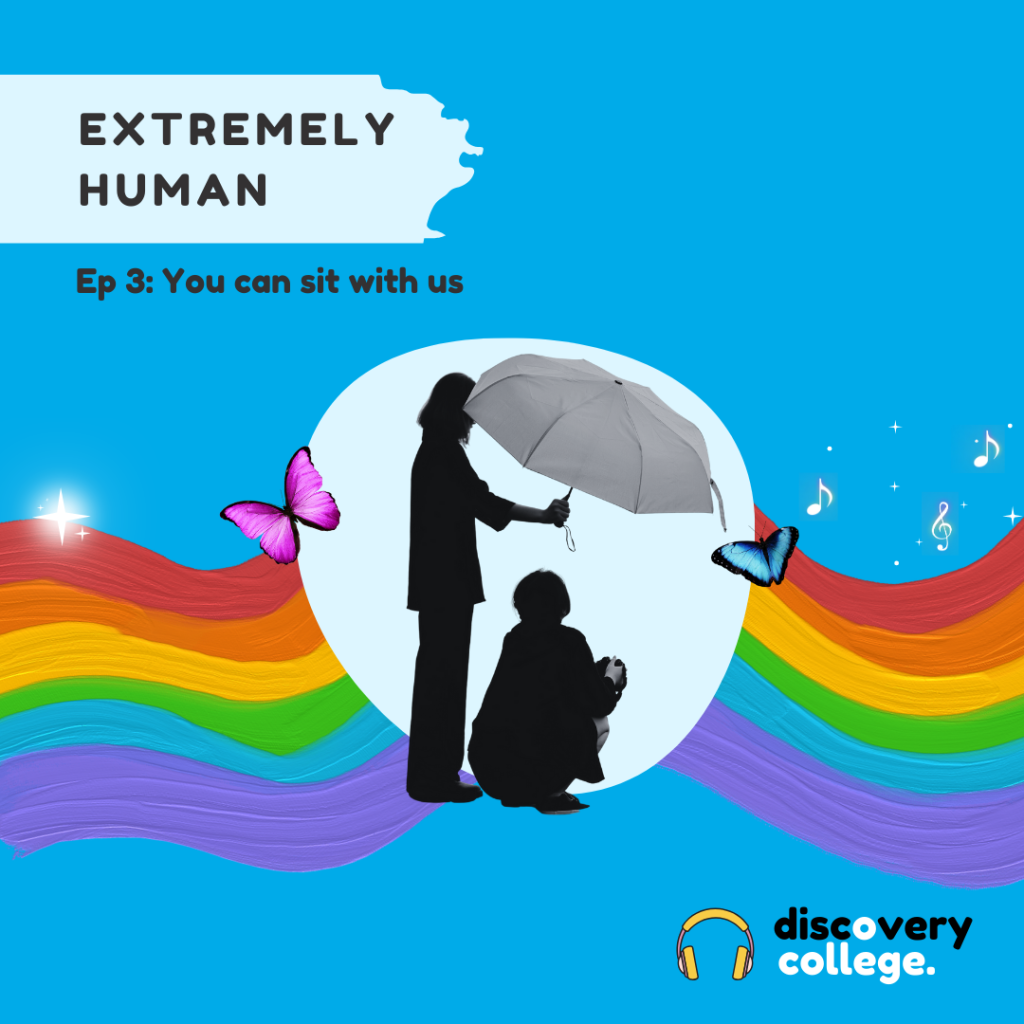
Extremely Human podcast
Ep3: You can sit with us
We chat with Chris about how the experience of bipolar can feel but also how we can learn and grow from it. Chris talks about the importance of inclusion and connection, having a ‘vibe tribe’ and dropping judgement when caring for people who are having a rough time.
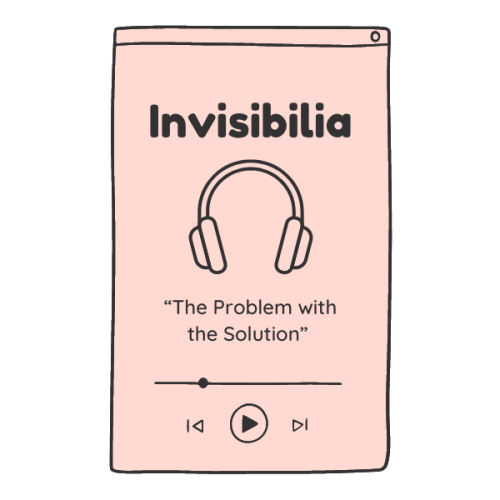
Invisibilia Podcast
Ep: The problem with the solution
This episode explored how the impulse to fix a problem — the impulse that has led the human species to invent telephones and bicycles and rocket ships — has surprising consequences when it comes to the problem of mental illness.
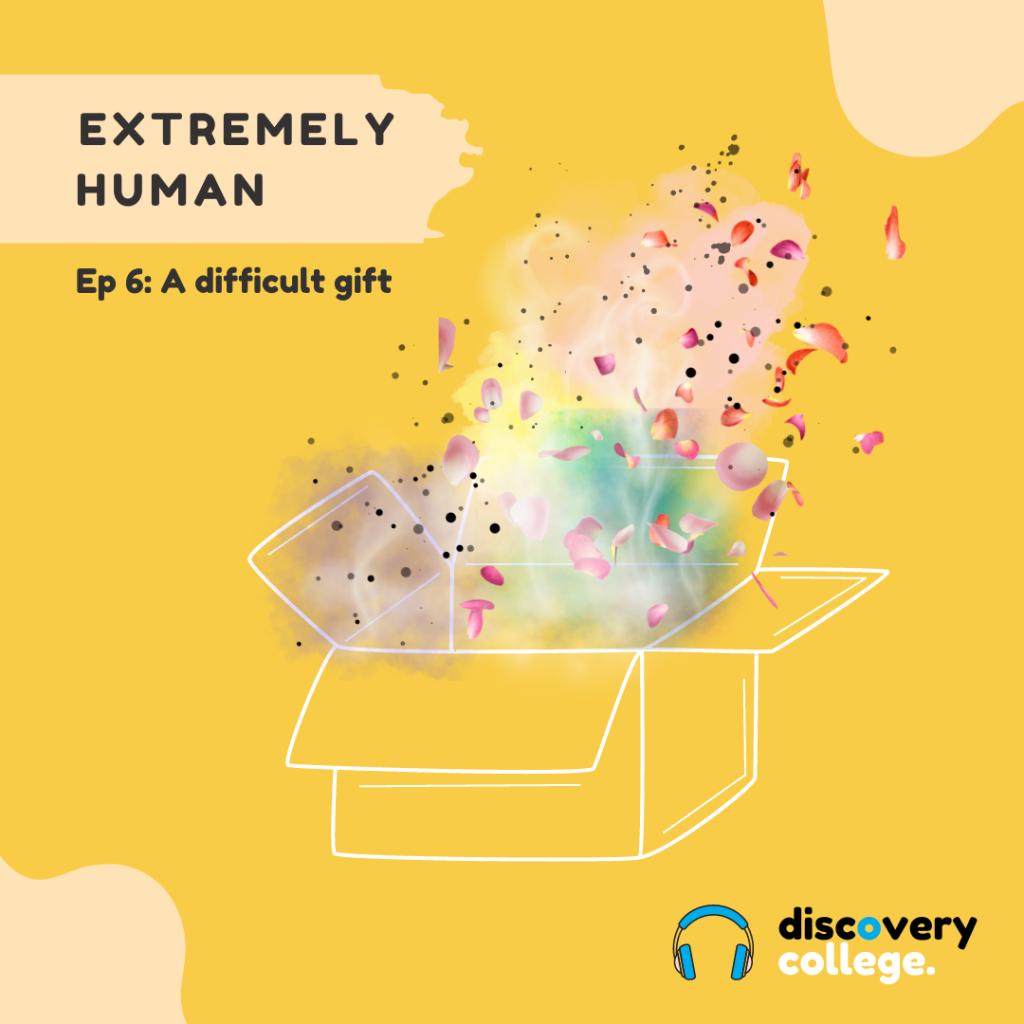
Extremely Human podcast
Ep 6: A difficult gift
We sat down to chat with Mary O’Hagan, who’s currently the Executive Director of Lived Experience in the Department of Health in Victoria. Mary shares snippets from her memoir “Madness Made Me” and speaks about how value and meaning can be derived from experiences of madness. We ponder what it could look like if communities looked after each other and created space for people in distress.

